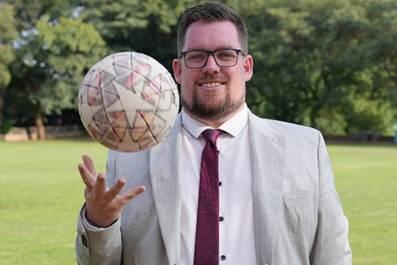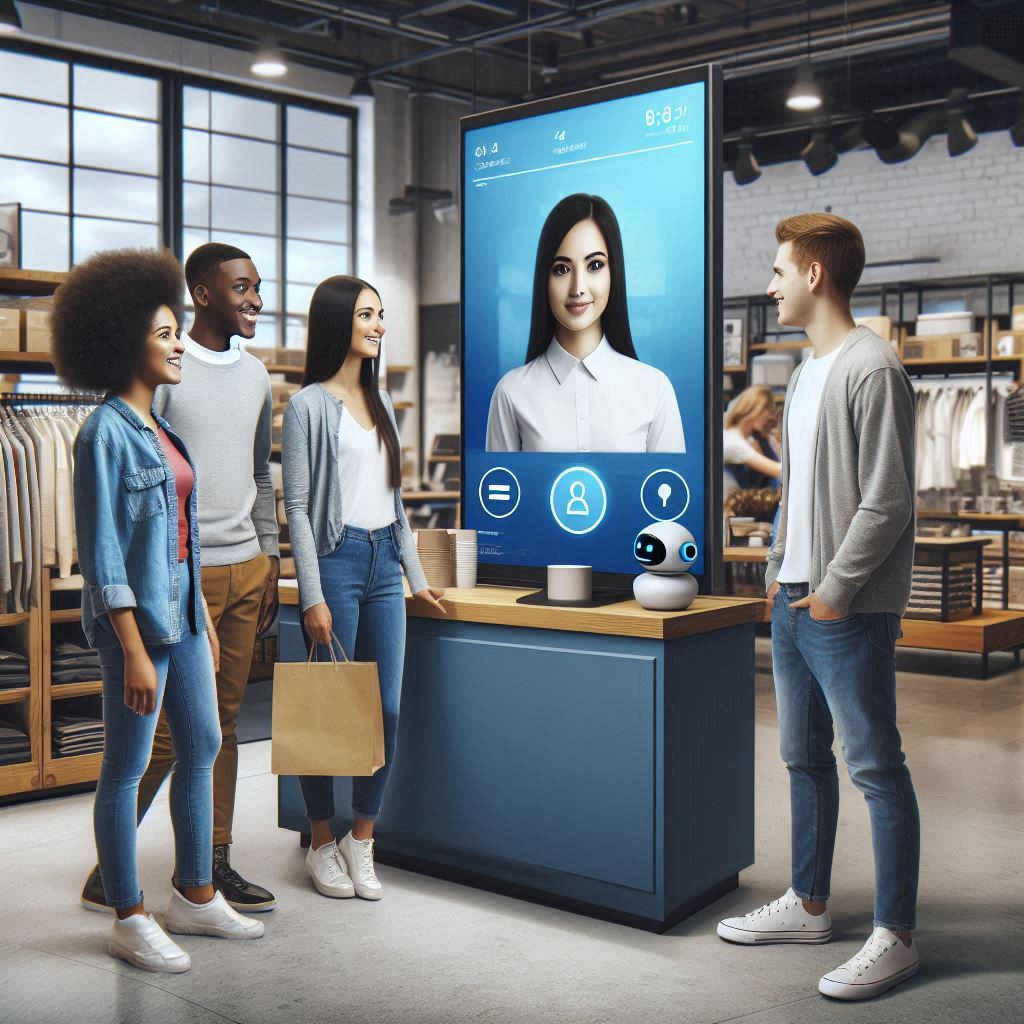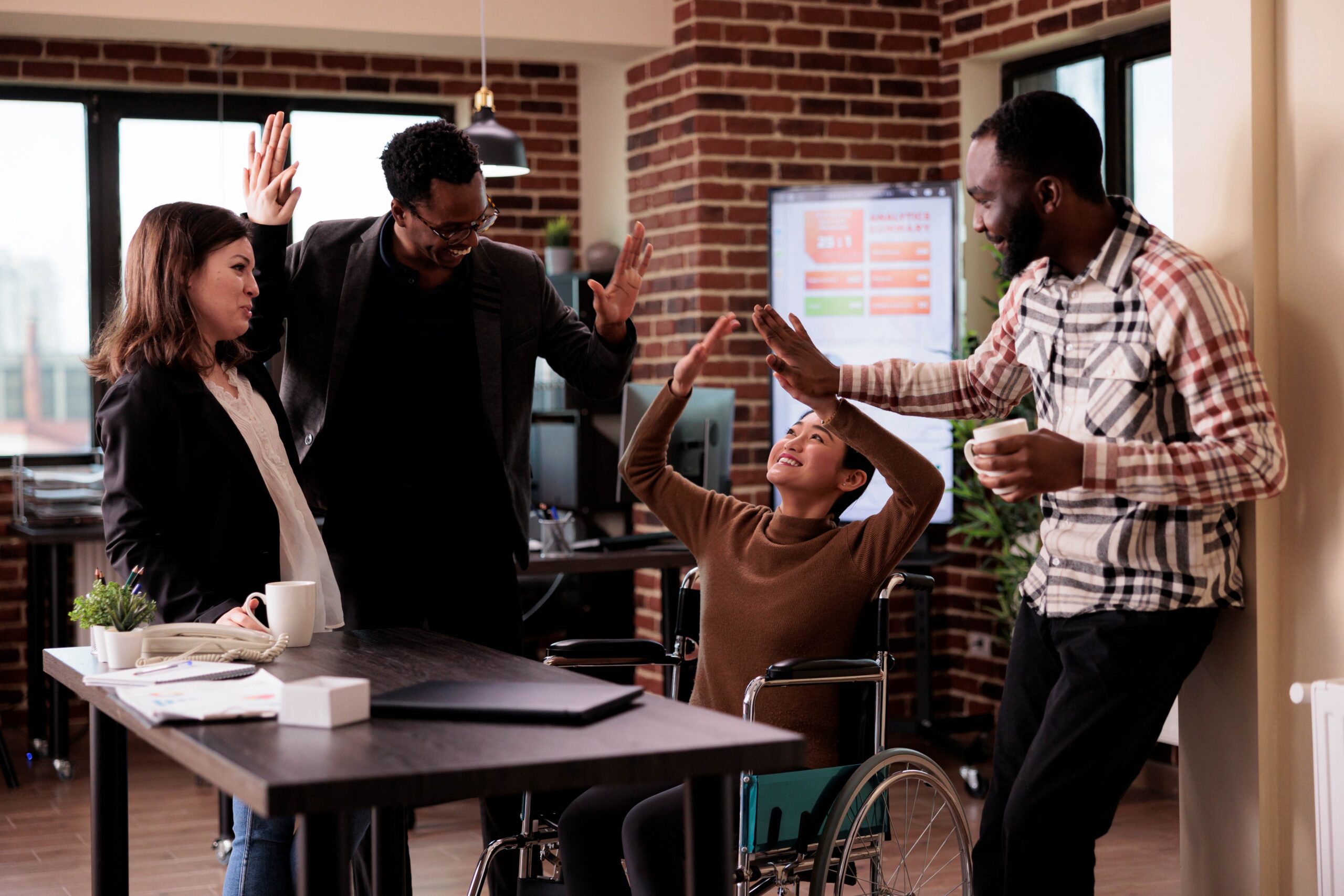
Staying active is not just a choice; it’s a necessity. St Martin’s School headmaster, Warren Venter, emphasises that physical activity plays a crucial role in childhood development—and the same principle extends to professionals striving for a balanced lifestyle.
The role of physical activity in development and professional success
The impact of an active lifestyle reaches far beyond physical fitness. According to Venter, “School sport is hugely important because, for many, it’s the only physical activity they get.” This statement holds true for working professionals as well. With screen time dominating both children’s and adults’ daily routines, integrating movement into our schedules is more essential than ever.
“We have become quite a lethargic population,” Venter notes. “Our teens and younger children are the same. Many children go home to gated communities where they may have the privilege of playing outside with friends, but if not, they are often behind screens, playing video or phone games, doing homework, but not moving.” Similarly, many professionals spend hours seated at desks, in meetings, or commuting—often neglecting movement altogether.
Life skills developed through physical activity
Engagement in sports and fitness activities develops critical life skills beyond physical endurance. “It’s not just about winning or excelling; it’s about developing communication, teamwork, and the ability to work with people who may not think the same way you do,” says Venter.
For professionals, these same skills—teamwork, problem-solving, and adaptability—are fundamental to success. Sport, Venter explains, provides an organic environment for conflict resolution. “You’re not always going to get along with your teammates, and that’s life. When you enter the workplace, you won’t always encounter people you like or agree with. You must learn to navigate those relationships, and the best place to learn that is on the sports field. You can’t teach conflict resolution in a book; you must experience it.”
Beyond competition: the power of participation
Many assume that sport is only for the athletically gifted, but that’s far from the truth. “There’s nothing wrong with a bit of healthy competition, and of course, it’s great to win,” Venter says. “But what are you learning if you’re only ever winning? We won’t always win in life, and if we transition from sport to the real world, we must accept that there will be losses.”
The same principle applies to professionals. Career growth comes with setbacks—missed promotions, project failures, and industry changes. The ability to handle losses with resilience is a crucial skill, much like learning from defeats in sports.
The cognitive and mental health benefits of an active lifestyle
Physical activity is not just about fitness—it’s about cognitive enhancement. “Neurons fire when kids are active, which enhances learning,” Venter explains. The same applies to adults. Studies show that regular exercise improves memory, concentration, and problem-solving skills—making professionals more productive and effective in their roles.
Moreover, physical activity plays a significant role in mental wellness. “Sport helps children get out of their own heads,” says Venter. “For children who struggle with anxiety or ADHD, physical activity provides an outlet. My own son, who has ADHD, benefits hugely from playing sport—he burns off energy and is then able to focus on his homework.”
The same benefits apply to working adults. Exercise releases endorphins, reducing stress, improving mood, and increasing energy levels—critical factors in managing workplace challenges and maintaining a work-life balance.
Encouraging family-wide activity
Participation in sport does not have to be confined to traditional disciplines. “Rather than pigeonholing children into specific sports, we should encourage them to explore different activities. Whether it’s chess, ballet, or anything else that involves movement and critical thinking. The goal is to develop a well-rounded individual who enjoys being active and benefits from the experience.”
The best way to foster an active lifestyle in children is for parents to lead by example. “Just as children mimic reading habits, they will adopt an active lifestyle if they see their parents prioritising movement,” says Venter.
Simple activities like family walks, bike rides, or even online workout sessions can create a culture of movement within the home. “By making movement a shared experience, we create healthier, happier children who carry these habits into adulthood.”
An active lifestyle isn’t just for children—it’s an investment in lifelong health and success. Whether you’re a professional navigating a demanding career or a parent fostering healthy habits in your family, integrating movement into daily routines offers physical, cognitive, and emotional benefits.
As Warren Venter wisely puts it, “It’s about being active. You don’t have to be the best at it. It’s about getting your heart rate going.” Prioritising movement—both at home and in the workplace—can lead to stronger teams, healthier families, and a more balanced life for everyone involved.











